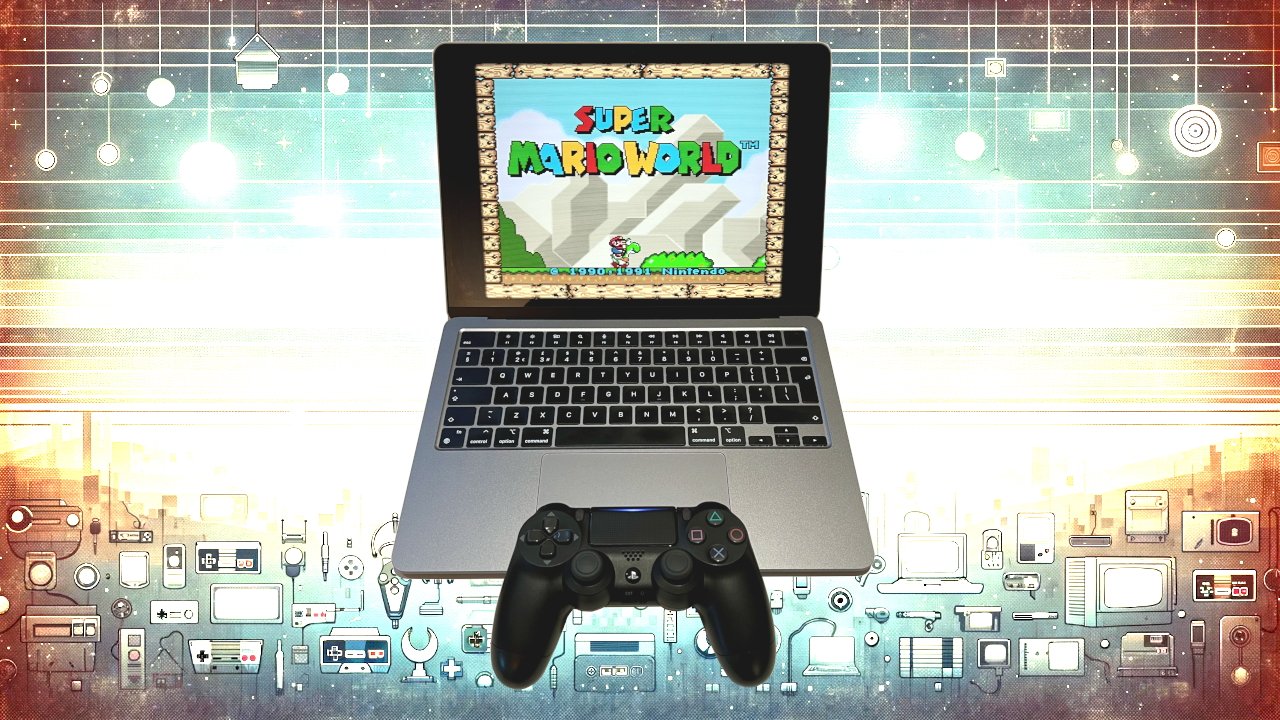A change to the App Store rules reverses a very old rule that prohibited emulators on the iPhone and iPad.
One of the App Store's longest standing rules is a prohibition on apps that run external code. This has meant a de facto ban on console and classic game emulators.
A change to guideline 4.7 of the App Store changes all that.
Specifically, Apple is now allowing "software that is not embedded in the binary" to run inside apps hosted in the App Store. The company is specific as to what can run, and "retro game console emulator apps" are included in the list.
Developers are responsible for any software that can be loaded into an app. Apple specifically says that add-ons and ROMs must comply with several guidelines, and all applicable laws.
Specifically, Apple says that the following provisions must be followed:
- Follow all privacy guidelines, including but not limited to the rules set forth in Guideline 5.1 concerning collection, use, and sharing of data, and sensitive data (such as health and personal data from kids)
- Include a method for filtering objectionable material, a mechanism to report content and timely responses to concerns, and the ability to block abusive users.
- Use in-app purchase in order to offer digital goods or services to end users.
- Apps may not extend or expose native platform APIs to the software without prior permission from Apple.
- Apps may not share data or privacy permissions to any individual software offered in the app without explicit user consent in each instance.
- An index of software and metadata must be made available in the app. It must include universal links that lead to all of the software offered in the app.
- Apps must share the age rating of the highest age-rated content available
Given how existing emulators often rely on user-provided ROM files, it's not clear how this will be enforced. In emulators on jailbroken devices, some rely on Files to import ROM files and BIOS files, and others have a custom file import feature.
Despite what console manufacturers' stance, the concept of emulation is legal. What is not legal is using ROM files that the user does not own, or source code from the manufacturers to make the emulators, which is where the Playstation emulator by Connectix fell down over two decades ago.
There are a series of emulators available now for other platforms — like the Mac. It likely won't take long for these emulators to arrive on iOS and iPadOS.
 Mike Wuerthele
Mike Wuerthele







-m.jpg)






 Amber Neely
Amber Neely
 Malcolm Owen
Malcolm Owen


 Christine McKee
Christine McKee


 William Gallagher
William Gallagher


-m.jpg)






17 Comments
This is great news. I still enjoy some classic games, and have had to keep older Macs around to run some of them. Looking forward to seeing what iOS/iPadOS developers come up with.
I have retroarch on my iPad Pro, it’s ace. I loaded it on via Xcode though. None of the store emulators will have anywhere near the flexibility unfortunately.
It’s amazing what you can run in emulation on other devices. There’s a pretty good market repurposing old A series chips to make cheap handhelds in China. They mostly use Linux or Android to run the emulators and the hobbyists have been hoping to use Apple hardware for a long time.
Given how existing emulators often rely on user-provided ROM files, it's not clear how this will be enforced. In emulators on jailbroken devices, some rely on Files to import ROM files and BIOS files, and others have a custom file import feature.
Apple won't enforce squat. That is completely a CYA statement to remove their liability.
Future news stories should be interesting with governments suing Apple to open up and Apple itself removing themselves from a policing role and putting the responsibility and liability on the developer and user for uses cases like the one above.
Future Apple quote: We only provide the hardware and OS and in compliance with all government mandates. What users choose to do with their free choices cannot be controlled by us (1, 2).
(1) EU regulations
(2) US JOD ruling
What about old Mac games like titles from Ambrosia Software. Mars Rising, etc?
There was a developer that released a whole bunch of pinball games.
Or Hellcats.
That would be great!